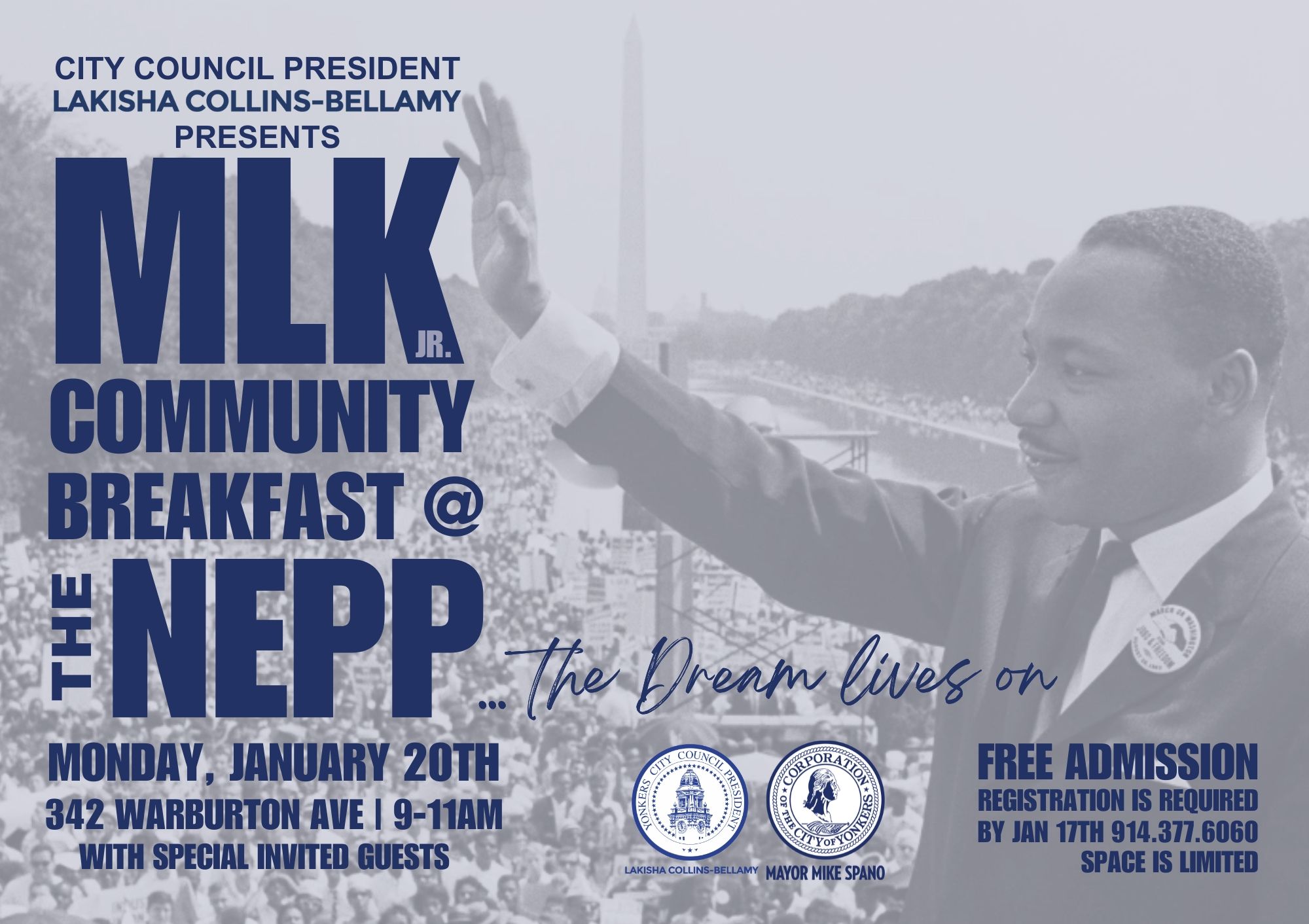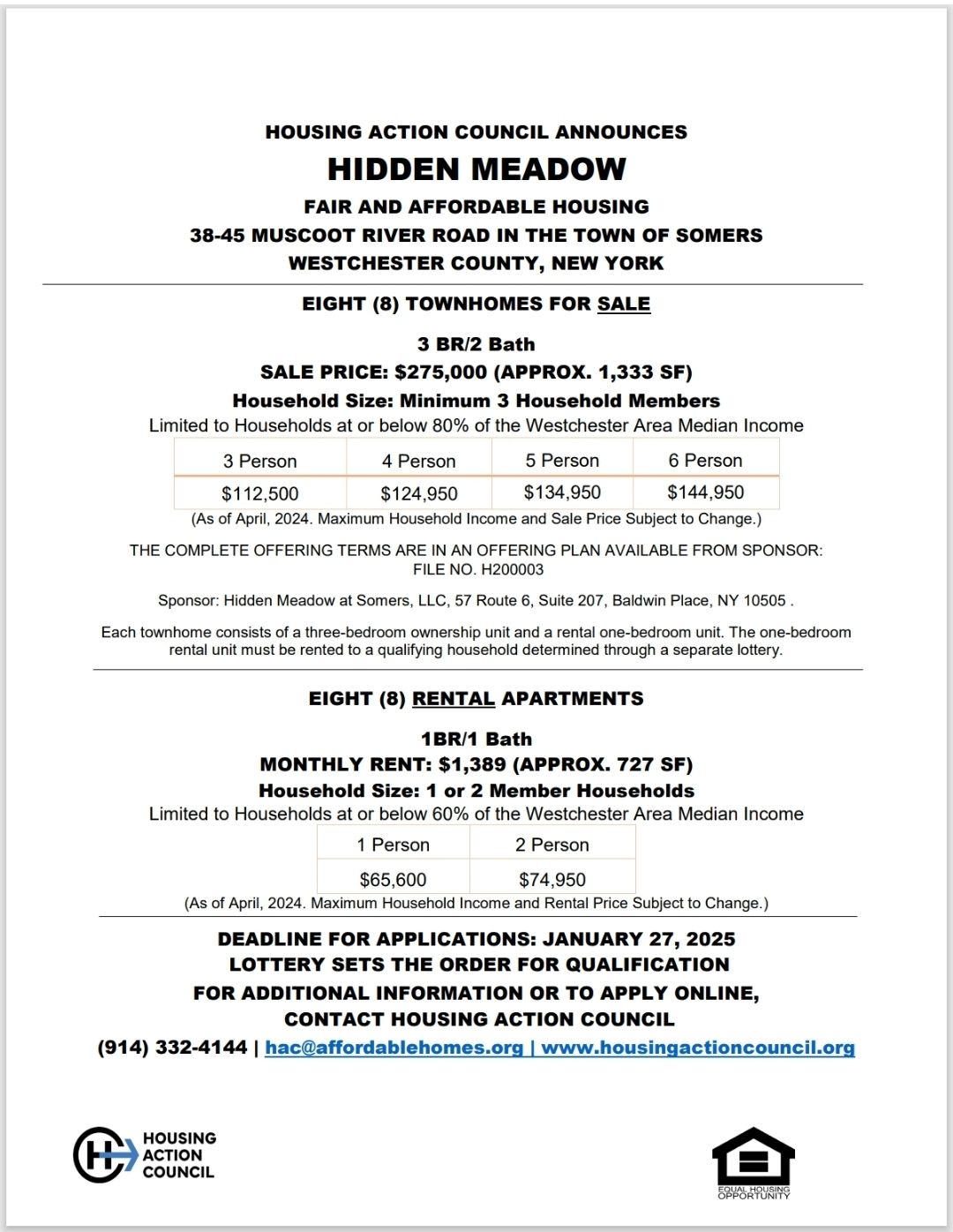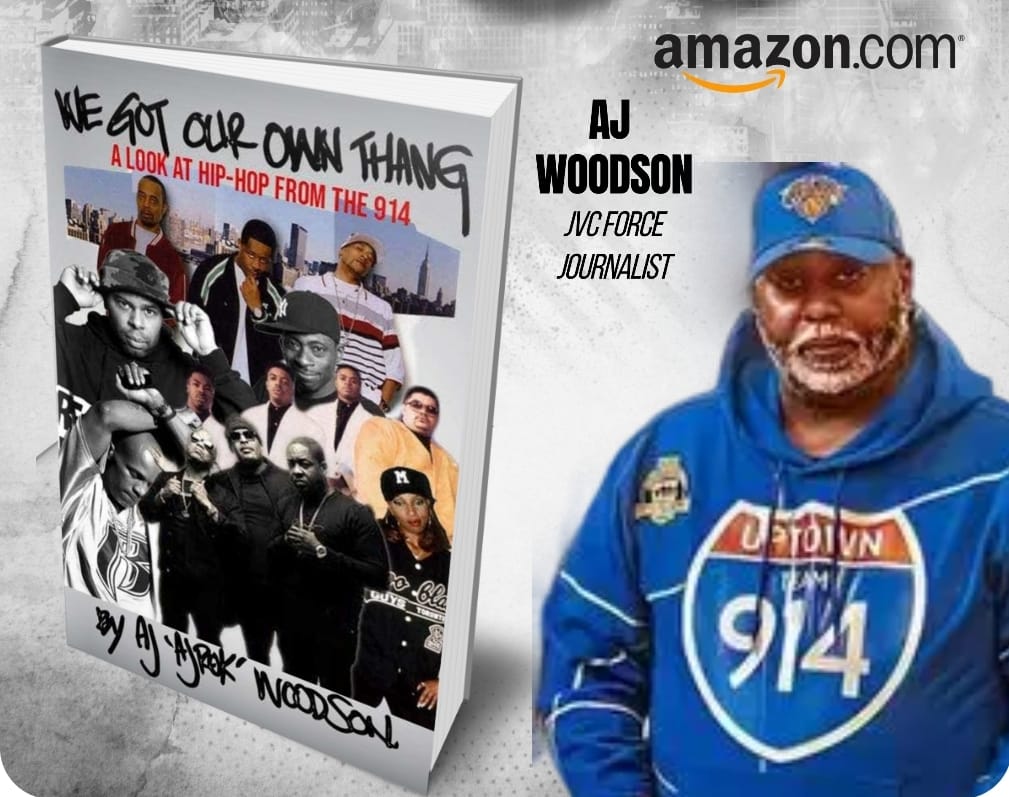As a Black man, I’m deeply troubled by former President Obama’s recent comments suggesting that Black men lack enthusiasm for Vice President Kamala Harris because we may not want to see a woman in leadership.
He stated, “My understanding, based on reports I’m getting from campaigns and communities, is that we have not yet seen the same kinds of energy and turnout in all quarters of our neighborhoods and communities as we saw when I was running.” President Obama then went on to lecture Black men about their lack of support for Harris. “Part of it makes me think—and I’m speaking to men directly—part of it makes me think that, well, you just aren’t feeling the idea of having a woman as president, and you’re coming up with other alternatives, and other reasons for that.”
This implication isn’t just reductive—it’s offensive. It reduces our political choices to stereotypes and undermines the validity of our concerns.
As a 56-year-old Black man, a retired Correction Officer, and a Business Owner with a Black mother, a Black wife, a Black daughter, and two Black granddaughters, I find it insulting to suggest that I, or other Black men, harbor some hidden animosity toward Black women simply because we may not feel enthusiastic about Harris’s candidacy. My life is filled with strong Black women I deeply love and respect. My political preferences are shaped by the issues that matter most to me and my community, not by some imagined reluctance to support a woman in leadership.
For many of us, the lack of excitement about Harris goes beyond her gender—it’s about her record, her policies, and how we believe she will impact our communities. This isn’t about rejecting her as a Black woman; it’s about holding the Democratic Party accountable and expecting more than just the usual rhetoric aimed at making history. We’ve been down this road before, I still have my Obama t-shirt, and symbolism alone isn’t enough—we need an assurance of real, substantive change. Black communities need tangible commitments, not just the promise of hope.
It’s disappointing that Obama, someone I’ve always respected for his integrity, would use this approach—painting Black men as obstacles to progress simply because we’re asking for more from the Democratic Party that claims to represent us. We should be able to challenge our leaders and demand better without being shamed or mischaracterized. Unfortunately, it seems like this has become part of the Democratic culture: shaming people into voting for someone, and if we disagree on key issues, labeling us as Trump supporters instead of engaging in real, honest conversations about policies. We need to discuss how these policies affect Black manhood, Black boys, Black families, and Black communities. Instead of guilt tactics, let’s have open dialogues that respect diverse perspectives within our community.
Furthermore, Black men are tired. We are tired of being the last priority. We are tired of being emasculated, tired of broken and failing school systems, tired of watching our families fracture, and tired of being racially profiled and killed by police. We are exhausted by a system that has stepped on us for decades and continues to tell us to be hopeful about a better tomorrow while we’re catching hell today. No, Mr. Obama, this isn’t about Black men lacking enthusiasm for Kamala Harris simply because she’s a woman. It’s about Black men not seeing their place or future in what the Democratic Party is offering. Let us make no mistake: Black men have been in this fight with Black women since we were brought here on slave ships. Like my mother always said, we also know that not all skinfolk are kinfolk! We deserve leaders who will speak to our needs and respect our experiences, not dismiss our concerns as a lack of support for progress.
Black men aren’t demanding the impossible; we’re asking for respect, representation, and real solutions to our challenges. We want more than vague promises and symbolic gestures—we want substantive, meaningful change. And we have every right to demand that without being criticized or misrepresented. We can support the party while expecting it to deliver on its promises.
Let’s be clear: just because we may not be sold on Harris doesn’t mean we’re voting for Donald Trump. The Democratic Party has long portrayed Trump as the face of racism. Still, systemic racism existed long before he arrived on the scene, and it exists within the Democratic Party as well. Have we forgotten the subtle, and sometimes not-so-subtle, racism that Obama himself and his family endured from members of his party? Black men aren’t blind to these realities, and we have every right to question candidates and policies, even within our political camp.
For generations, Black people have shown extraordinary loyalty to the Democratic Party. Over 90% of Black voters—93% to be exact—cast their ballots for Democratic candidates in recent elections. This steadfast support has been a bedrock of the Democratic coalition, yet one has to ask: where is the return on this loyalty? After decades of unwavering support, as a Black man, the benefits to the Black community often seem minimal, if not invisible. The frustration with the Democratic Party’s lack of accountability is palpable, and the need for change is urgent.
When the Democratic Party overlooks Black-owned firms in favor of established, predominantly white firms, it sends a message: Black voices are critical enough to count on for votes but not for influencing campaign strategy or receiving a fair share of the 1.4 billion economic pie in political consulting. By excluding Black-owned consulting firms, the party misses out on cultural insights, diverse perspectives, and authentic messaging that could better resonate with the Black community and beyond. Black consultants bring more than expertise; they get a lived understanding of the challenges and aspirations within their communities. To ignore this is not only shortsighted but a disservice to both the party and the people who support it.
The Democratic Party has taken the Black vote for granted for decades, expecting our loyalty without consistently delivering on its promises. Our skepticism is not rejecting women or embracing the alternative—it’s a call for accountability and representation. We deserve the freedom to form independent political views and to challenge leaders who fail to meet our needs. This call for accountability is not a rejection of a Black woman but a demand for the Democratic Party to live up to its promises and truly represent us. The need for the Democratic Party to live up to its promises is not just a desire; it’s a fundamental expectation.
To shame us into support is counterproductive and disrespectful. We need leaders who will engage with us honestly and listen to our concerns rather than resorting to guilt tactics. Our perspectives deserve acknowledgment and respect, not dismissal and criticism. The Democratic Party needs to understand that Black people, and Black men in particular, are not a monolith; we should be valued as complex individuals who care deeply about our communities, families, and futures. If the party wants our support, it needs to work on earning it—not assuming it. The demand for respectful dialogue is not just a request; it’s a necessity for a more inclusive political discourse.








Congrats to Damon for making Whites + Blacks understand that he is allowed to vote for whomever he pleases.
He does not need Obama or Harris to turn this election into another White / Black conflict. I have hundreds of
Haitian friends and they tell me they will vote for who they prefer, not for someone simply telling them they are
not Black should they vote for Harris. He personally witnessed the past 3 and a half years and like most of the country is not happy with High costs of homes/ rents/ fuel/ cell phones/ automobiles/ parts/ insurance / etc.
God bless him for standing up for what’s right .